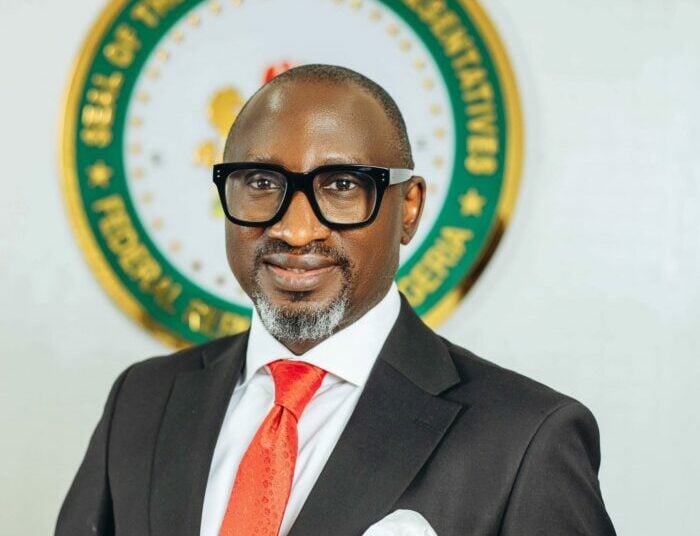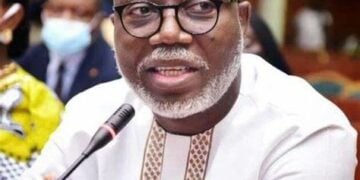The chairman of the House of Representatives Committee on Health, Hon. Amos Magaji, has said that while Nigeria’s Primary Health Care system was still far from optimal, significant progress has been recorded through the Basic Health Care Provision Fund (BHCPF) and other interventions across the country.
Speaking on Channels Television’s breakfast show on Wednesday, Magaji said his committee had toured various Primary Healthcare Centre (PHC) facilities across the North-West, North-East, South, and North-Central regions, and observed notable improvements in some states.
“I can tell you authoritatively that the Primary Health Care in Nigeria, though not where it ought to be, is not where it used to be,” he said.
“I have gone round the PHCs in the North-West, North-East, Southern and North-Central parts of Nigeria, and I can tell you that with the Basic Health Care Provision Fund, it has boosted healthcare.”
He, however, emphasised that the fund was designed to be complemented by contributions from state governments, noting that the committee’s oversight visits were aimed at ensuring transparency and proper utilization of funds.
“Now this is supposed to come with support from the state government, that is why we went round to make sure the funds were used well,” Magaji explained.
“Many of the states we went to are doing very well, though not all.”
The lawmaker expressed concern that Nigeria was still lagging behind in achieving Universal Health Coverage (UHC), which the World Health Organisation (WHO) has targeted for 2030. He stressed that accountability and consistent government support were key to attaining that goal.
“The Universal Health Coverage is supposed to be achieved by 2030; we are still lagging behind. That’s why we are ensuring that those with the responsibility are doing what they are supposed to do,” he said.
Magaji added that the committee assessed states not only based on how they used federal allocations but also on their own investments in healthcare infrastructure and health insurance coverage for citizens.
“In some of the states we went to, we wanted to see them show us what they have put in. Some brought out projects they have done and hospitals they have revitalized,” he noted.
“When we are rating their performance, we consider when the fund was disbursed, and we also look at states that have given health insurance to their people, because if Nigerians cannot afford healthcare, then it doesn’t make any difference.”
The lawmaker lamented the persistent challenge of inadequate budgetary allocation to the health sector, recalling that a consensus was once reached in Abuja that health funding should not fall below 15 percent of the national budget, a commitment that has yet to be fully realized.
“The challenge we have in the health sector is the budget allocation,” he said.
“It was agreed in Abuja that the budget for health should not be less than 15 per cent.”





